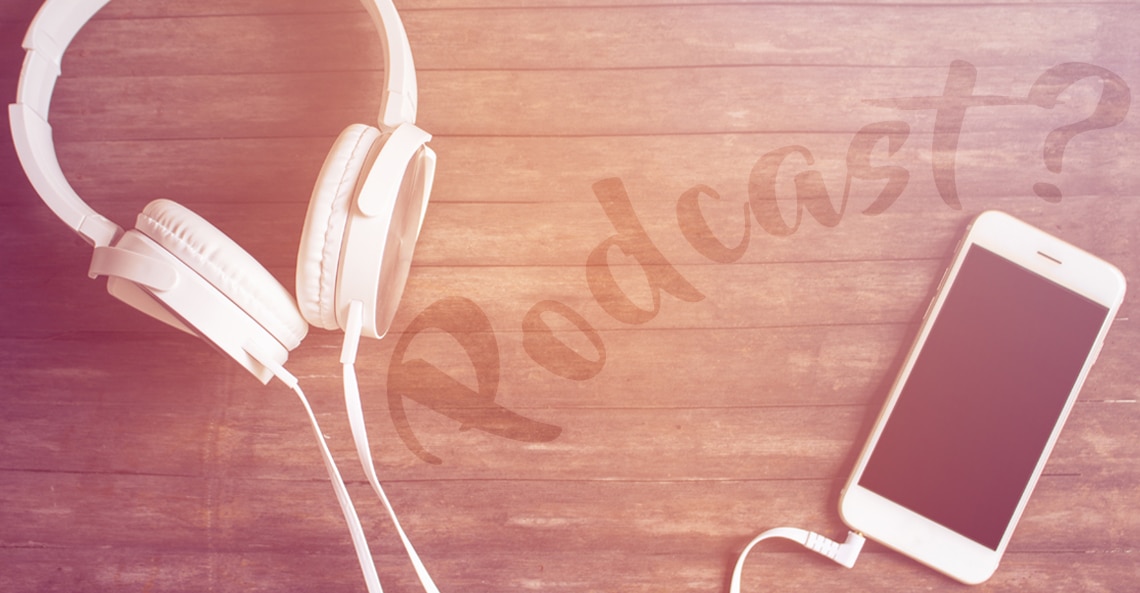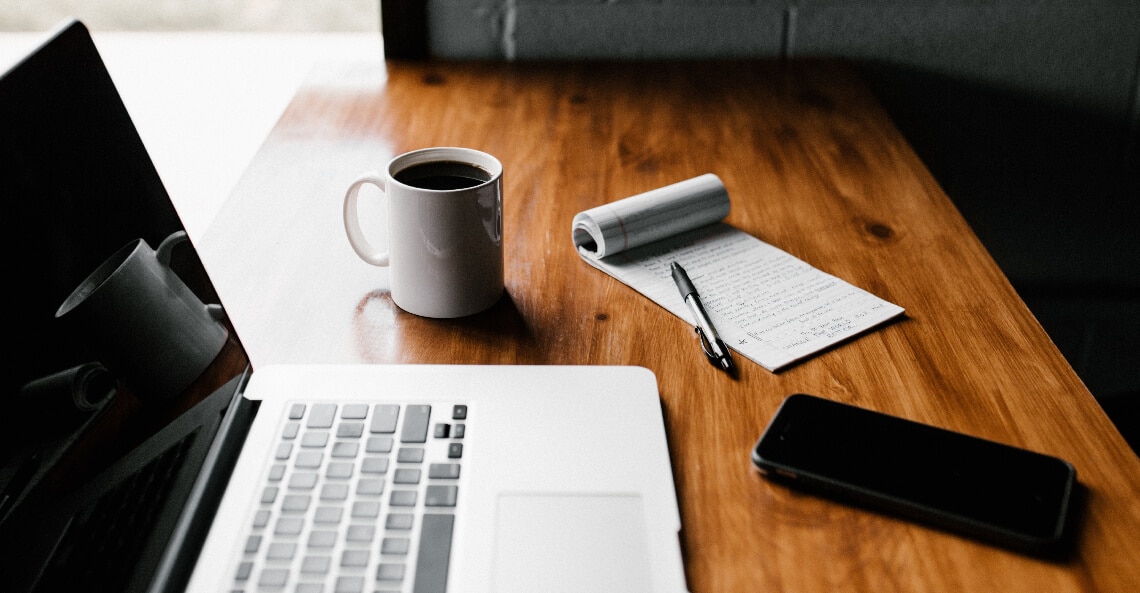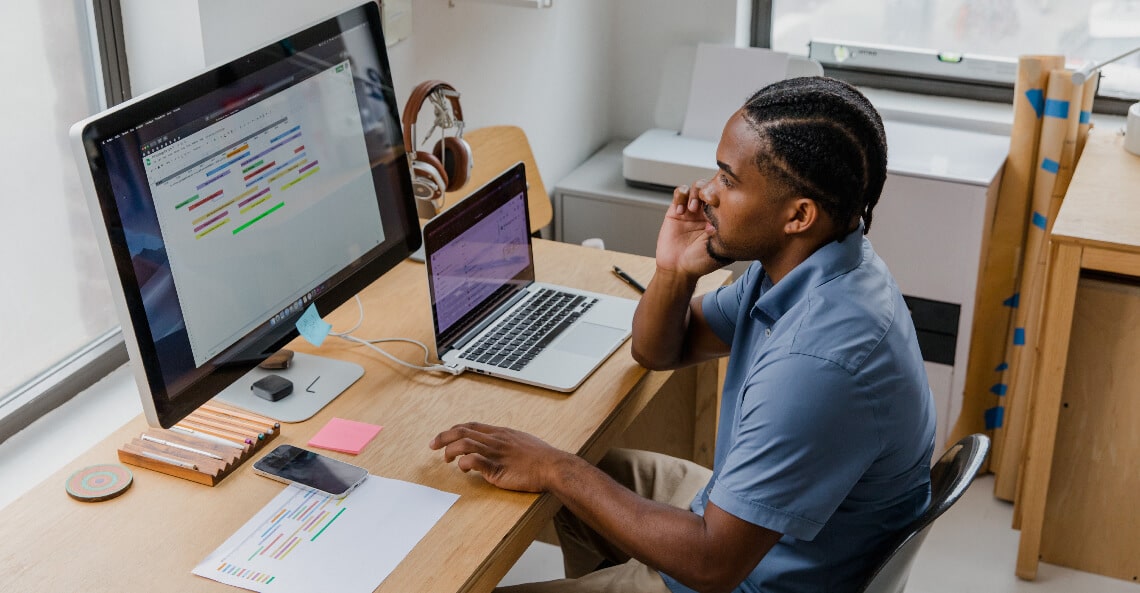
Starting a podcast part 1: get your idea ready
I’ve been thinking of starting a podcast for many years. I don’t know why I haven’t. Maybe it’s down to not knowing what to talk about or just a fear of it not being successful. However, with Google launching their own podcast app like Apple, I’ve now decided to get one going with Nondwe (more on this towards the end of this series).
In this blog series, I’m going to be taking you through starting a podcast, from idea to execution. Here’s an outline of what is to come:
-
Starting a podcast part 1: get your idea ready
-
Starting a podcast part 2: begin recording your episodes
-
Starting a podcast part 3: deploy your podcast
-
Starting a podcast part 4: measure and improve
In the first part of the series, I’m going to be talking about getting your idea ready. It was and has been my biggest roadblock and so this is how I overcame this roadblock.
What is your topic?
Ask yourself what you’re wanting to do. I would avoid going down the road of “I want to do this because it’s popular”. What you want to do is focus on a topic that you love and are passionate about. If it’s a popular topic, that’s great, just be prepared for a lot of competition.
Once you have a topic, go and listen to similar podcasts. What you’re wanting to find here is a space where you can differentiate from them or add more value.
Would you listen to your topic?
This requires some honest introspection. Often we can get hyped up about a cool topic and excited about starting something that we lose perspective. There’s nothing worse than being really excited about something but then not getting the results you wanted and/or expected.
If you can honestly say that you’d subscribe to your own podcast then you will definitely find people who will listen and subscribe to it as well.
What’s your vibe going to be like?
At this stage, you’d want to have a good understanding of who you want to attract. What type of audience are you going to be speaking to? What do they like/dislike? What podcasts do they currently listen to?
This will allow you to decide what your podcast will sound like, what your tone will be like and how you’ll position your content. If you’re speaking to a young, party audience you’d probably want to “entertain” as much as you can. If you’re speaking to an older audience then you might want to focus more on information. It’s very important to build your content around the audience you want.
Create a content plan
This is the last step in this process. Create a content plan for your episodes. What’s the main topic of the episode? What do you need to get the content ready? Who/what do you need to make it a reality (interviews and hardware reviews)? When do you need to record, and edit it by?
This makes your life a lot more organised as you can decide when things need to be ready and makes sure you can deliver your episodes consistently.
The main thing about podcasts is consistent content that your audience can enjoy. If you stop producing content you might lose your audience and it will be hard to get them back.
Now that we have our podcast all planned out, we can look at all the hardware/software we need as well as actually recording the episodes for our podcasts. See you then!



This Post Has 0 Comments